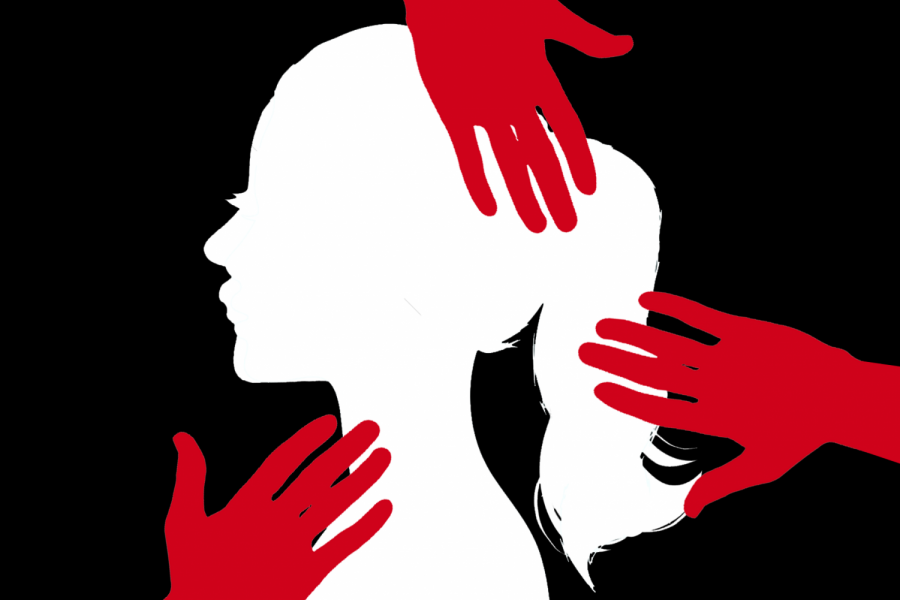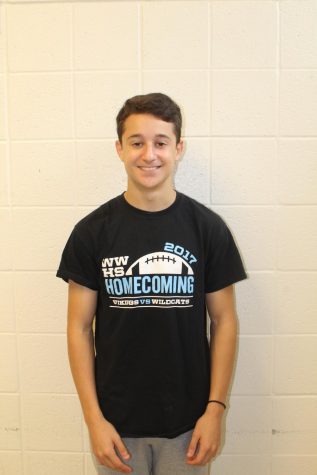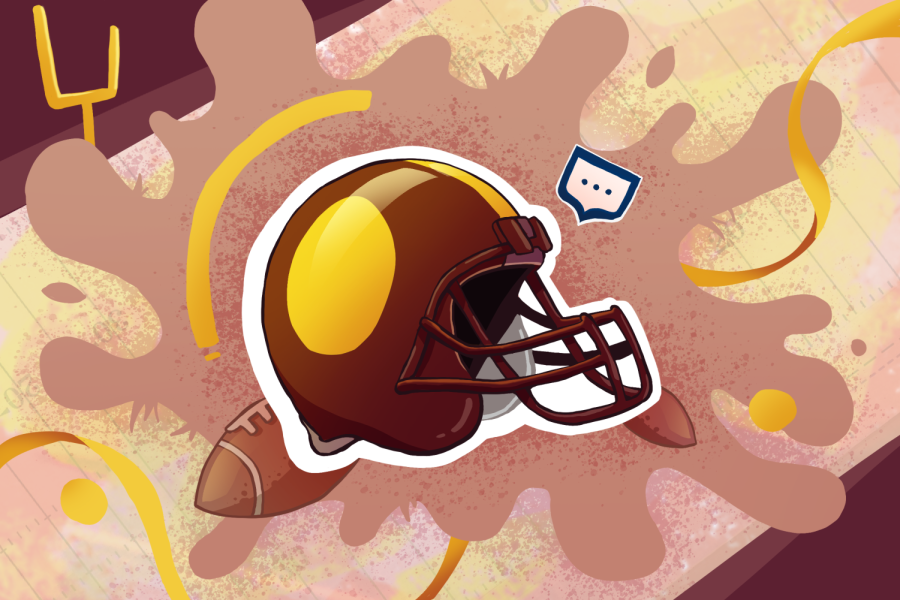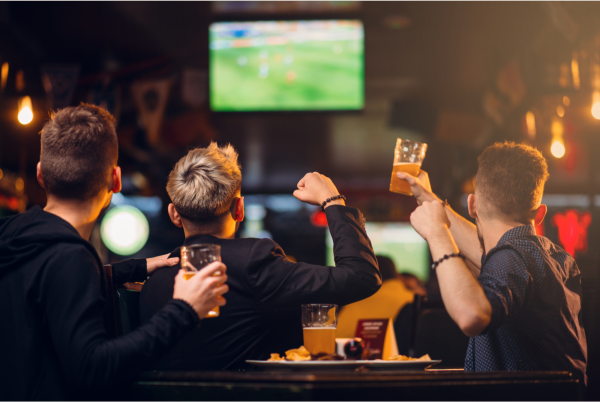Rape in pop culture isn’t always reality
The media portrays sexual assault in way that caused me to feel like my experience wasn’t valid.
April 6, 2020
Content warning: This story contains language that pertains to rape.
I had always known the textbook definition of rape — “an act in which a person sexually engages another person without that person’s consent” — but lately it’s become a dramatic, violent plotline to garner views, likes and even Academy Awards.
I was raped — but it took me months to comprehend fully that what I had experienced was not just hurtful, but was and is rightly classified as rape. Crime shows and social media posts romanticizing sexual assault had tainted my view of what the act even was. Since my experience didn’t seem to fit what I’d seen on TV, I didn’t think it was violent enough to be considered rape.
Even elementary-aged children have a full collection of TV shows at their fingertips in an age where binge-watching Netflix is a common pastime. But with the power and freedom to watch what they choose comes the danger of exposure to traumatic and inappropriate content that desensitizes them and simplifies complex issues. Pop culture programs these young viewers to believe, for instance, that there’s either consensual sex or violent rape, with nothing in between. In reality, rape doesn’t need to be violent to be real; it only needs to be nonconsensual.
Rapes are frequently violent on TV shows. The survivor is left tattered and bruised — both emotionally and physically — often resulting in symptoms of Post Traumatic Stress Disorder. While this is sometimes the case, it’s actually unusual for rapes to stem from weapon-based violence. According to the Rape, Abuse & Incest National Network, in only 11% of rapes did the perpetrator use a weapon.
RAINN also found that 93% of juvenile sexual assault victims knew their perpetrator, whereas, in TV shows, the perpetrator is often a stranger and sometimes even faceless.
I knew nothing about these realities as I consumed TV and movies growing up, watching rape scenes in every day shows ranging from “Glee” to “Scandal” to “Law and Order.” To me, those depictions were the only version of rape, the textbook definition: sexual violence resulting in major trauma. But what happened to me wasn’t as violent, and it didn’t leave me with full-blown PTSD. I felt violated, but I didn’t have the same physical and mental wounds as rape victims on TV. I didn’t feel like I qualified as a rape survivor, even though someone had just forced non-consensual sex on me.
The portrayals of rape on TV led me, a survivor, away from even recognizing that I was one, and I’m likely just one of many teenagers across the country who have felt the same way. Inaccurate or misleading information in entertainment media gambles with the lives of vulnerable viewers. According to RAINN, minors who experience sexual assault are four times more likely to develop symptoms of drug abuse, four times more likely to have PTSD as adults are and three times more likely than peers to have major depressive episodes. These are the same individuals that TV invalidates; they could be tucking their experiences away, making it impossible for others to connect them to the help they may need.
For a victim who’s unsure of what the first step is after being raped, the last thing they should be considering is whether or not what they went through is “worth bringing up” or “as traumatic” as most situations they’ve seen on TV. It wasn’t until I heard speakers during our school’s mental illness awareness presentations last December tell their stories of sexual assault and rape that I realized what happened to me wasn’t something to brush off. None of the presenters spoke of the “surefire” signs of rape that TV had so deeply ingrained into me.
It was only after I heard my fellow classmates bravely open up about their varied experiences with sexual assault that I had the courage to tell one of them how I feel, and it was only their speeches that made me feel normal again. And normal is what I am: The National Sexual Violence Resource Center finds that one in four girls are sexually assaulted before they are 18. While advocates in our community may feel that the Whitman area is safer than the national average, why hadn’t I heard of any other girls who had also been raped?
We should have conversations surrounding the reality of sexual assault, explicitly touching on how it can be different from our expectations. No one should be forced to share their own experiences if they’re not comfortable doing so, but we can normalize the conversation in other ways in hopes of helping victims.
There is a spectrum between consensual, enjoyable sex and murderous rape. Most survivors fall somewhere in between. We can’t allow teens to enter the world with knowledge of only these extremes, trivializing what has happened to them with each new scene they consume. Next time you’re sitting in bed watching a drama, remember that what you’re watching is, in fact, a drama made to elicit emotion, not to inform its viewers. We should all wonder how many other ways entertainment has led us astray.










